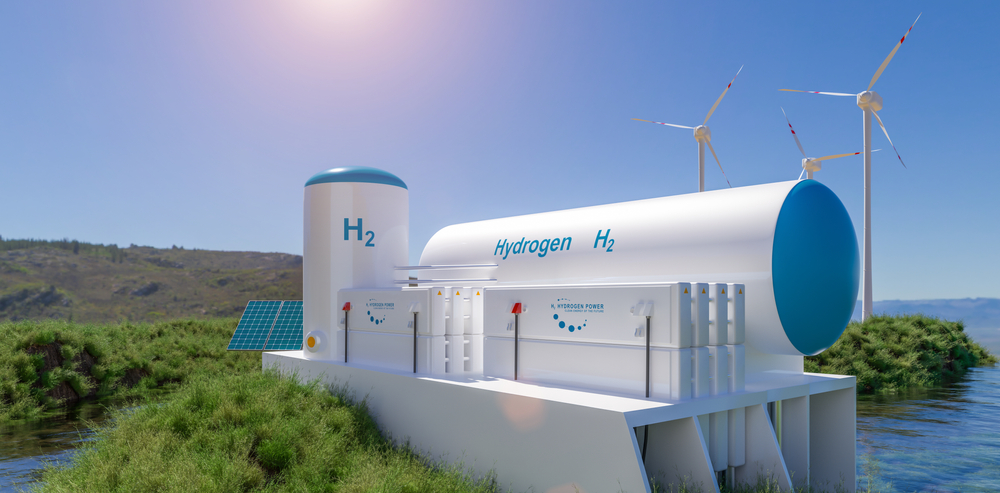EIT RawMaterials supports novel innovation for green energy transition in Europe
The European Union sees the development of technologies for hydrogen production, distribution and use among the necessary actions to accomplish EU decarbonisation. In Italy, the green revolution and the ecological transition conceived by the Draghi Cabinet are worth EUR 59.33 billion. Of these, EUR 23.78 billion will be allocated to increasing the renewable energy supply chain in agriculture, the promotion of innovative plants (including offshore), the development of sustainable and local transport, the provision of large-scale energy accumulators, and smart grid. 3,19 billion euros will be dedicated to hydrogen technologies and activities.
Achieving a climate-neutral and circular economy requires the full mobilisation of industry. It takes 25 years – a generation – to transform an industrial sector and all the value chains. To be ready in 2050, decisions and actions need to be taken in the next five years.
European Green Deal
The advancements in research and support of novel hydrogen technology will accelerate Europe’s transition to a green economy. One of the solutions is hydrogen fuel cells. Fuel cells are advanced energy conversion devices fed with hydrogen to produce electrical energy very efficiently and without pollution. Fuel cells are the cornerstones of the hydrogen economy, which is progressively gaining momentum at both EU and Member states levels.
Powering hydrogen economy with new cost-efficient, durable and powerful fuel cells
As Europe is on its path towards green and digital transition, EIT RawMaterials supports research, innovation and education in the raw materials sector to enable the ambitious goals of a green future for Europe. One of the great examples is the innovation project ALPE (Advanced Low-Platinum hierarchical Electrocatalysts for low-T fuel cells). The project consortium aims to devise fuel cells suitable for both the automotive and stationary applications, including a lower amount of platinum, a critical raw material for Europe, to achieve the same performance and durability level state-of-the-art systems.
ALPE covers the entire value chain of fuel cells, starting from synthesising the innovative platinum-based electrocatalysts, which are necessary to promote the electrochemical reactions exploited during fuel cells operation. The electrocatalysts are implemented in high-performing and durable electrodes comprising a low loading of platinum that are later integrated into operating fuel cells able to provide power to a real application.
ALPE project is led by the University of Padova, one of the oldest and highly respected higher learning institutions in Europe. ALPE’s consortium is made up of seven partners based in Italy, France and Poland, which makes ALPE a truly European undertaking.
The technology developed by ALPE is unique as it focuses on electrocatalysts obtained with a radically different approach compared with the state-of-the-art. Moreover, in ALPE’s electrocatalysts, the active sites establish strong chemical bonds with hierarchical support. Both performance and durability are thus enhanced, and the amount of platinum-group metals (critical raw materials) is curtailed.




